Welcome to the fascinating world of mushroom hunting! Did you know that mushroom hunting has deep cultural and historical significance in many societies around the world? From ancient rituals and traditions surrounding the gathering of wild mushrooms to the culinary traditions that have been passed down through generations, mushroom hunting offers a window into the rich tapestry of human history and culture. So grab your basket and join us on a journey to explore the cultural and historical aspects of this beloved pastime.
Are There Any Cultural Or Historical Aspects To Mushroom Hunting?
Hey there! You might be wondering, are there any cultural or historical aspects to mushroom hunting? Well, you’re in luck because today we are going to dive deep into the fascinating world of mushroom hunting and explore its cultural and historical significance.
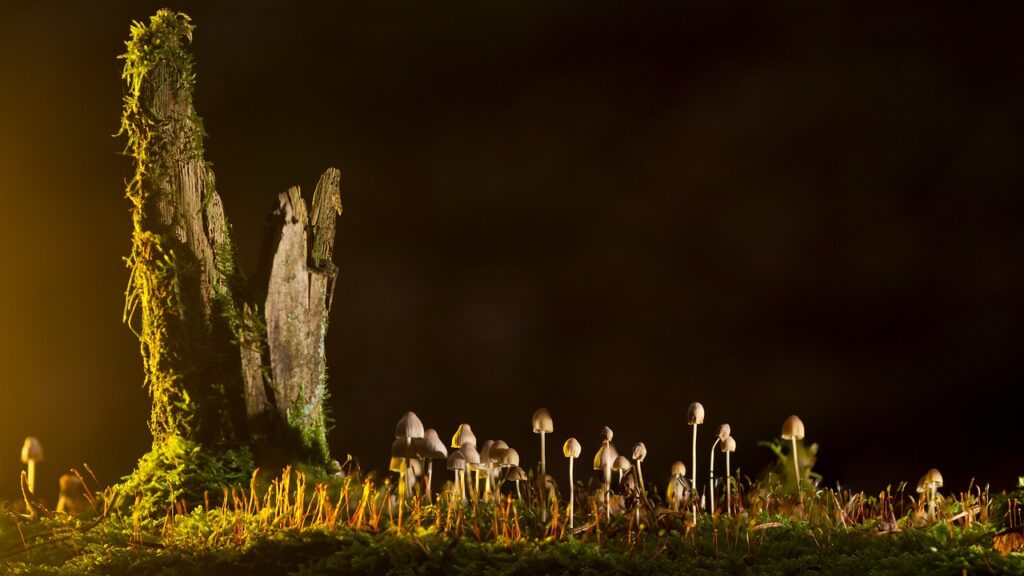
The Ancient Art of Mushroom Foraging
Mushroom hunting, also known as mushroom foraging or gathering, is a practice that dates back thousands of years. Throughout history, mushrooms have played a significant role in various cultures around the world. In ancient civilizations, mushrooms were highly valued for their medicinal properties and believed to possess mystical powers.
Ancient Civilizations and Mushrooms
In ancient Egypt, mushrooms were considered a delicacy reserved for royalty and were believed to have magical properties. The Greeks and Romans also held mushrooms in high regard and used them in religious ceremonies and as a symbol of immortality.
As we can see, the tradition of mushroom hunting has deep roots in various cultures and has been passed down through generations.
Cultural Significance of Mushroom Hunting
Mushroom hunting is not just a hobby or a source of food; it holds cultural significance in many societies around the world. In some cultures, mushroom foraging is seen as a form of communion with nature, a way to connect with the earth and its abundance.
Mushroom Foraging Rituals
In certain indigenous cultures, mushroom hunting is accompanied by rituals and ceremonies to honor the spirits of the forest and show gratitude for the bounty provided by nature. These rituals are passed down from generation to generation and play a crucial role in maintaining the cultural identity of these communities.
Culinary Traditions and Mushrooms
In many cultures, mushrooms are a staple in traditional cuisine and are used in a variety of dishes. From creamy mushroom soups in Eastern Europe to spicy mushroom curries in India, mushrooms have found their way into the hearts and stomachs of people around the world.
So, the next time you enjoy a delicious mushroom dish, remember that you are participating in a culinary tradition that dates back centuries.
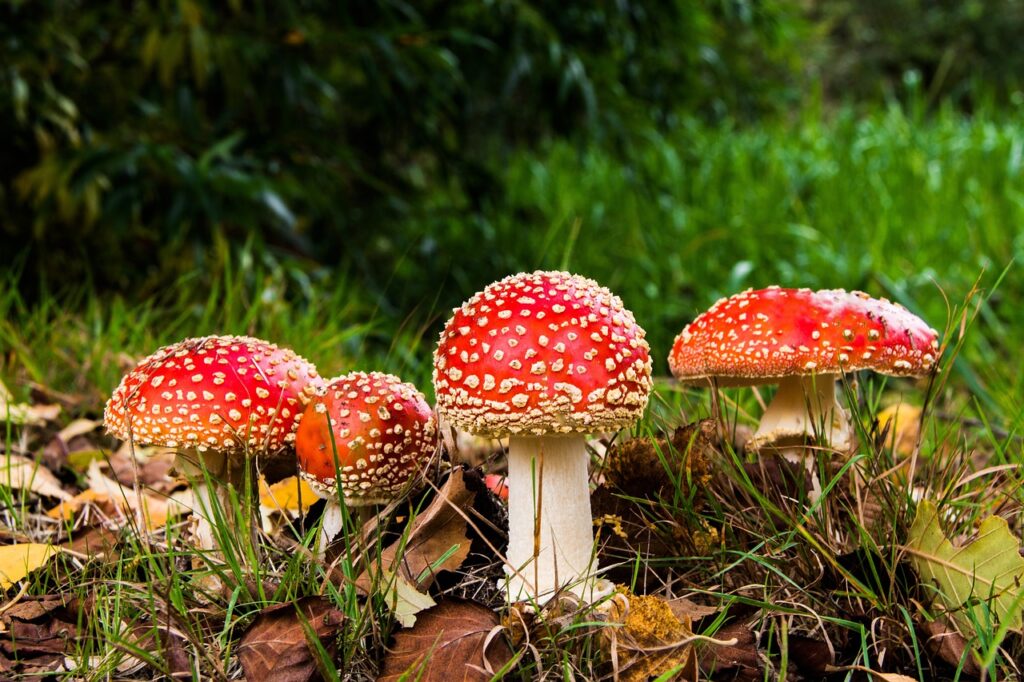
Historical Evolution of Mushroom Hunting
Throughout history, the practice of mushroom hunting has evolved significantly. What once started as a survival skill has transformed into a popular recreational activity enjoyed by people of all ages.
Evolution of Foraging Techniques
In the past, mushroom hunters relied on their knowledge of the local flora and fauna to identify edible mushrooms. As our understanding of mycology (the study of fungi) has advanced, so have our foraging techniques. Today, mushroom hunters use field guides, apps, and online resources to accurately identify mushrooms and distinguish between edible and poisonous species.
Modern-Day Mushroom Hunting
In the modern world, mushroom hunting has gained popularity as a recreational activity that allows people to reconnect with nature and enjoy the thrill of the hunt. Mushroom foraging clubs and communities have sprung up around the globe, bringing together like-minded individuals who share a passion for mushrooms.
Whether you are a seasoned forager or a novice hunter, there is something magical about wandering through the forest in search of these elusive treasures.
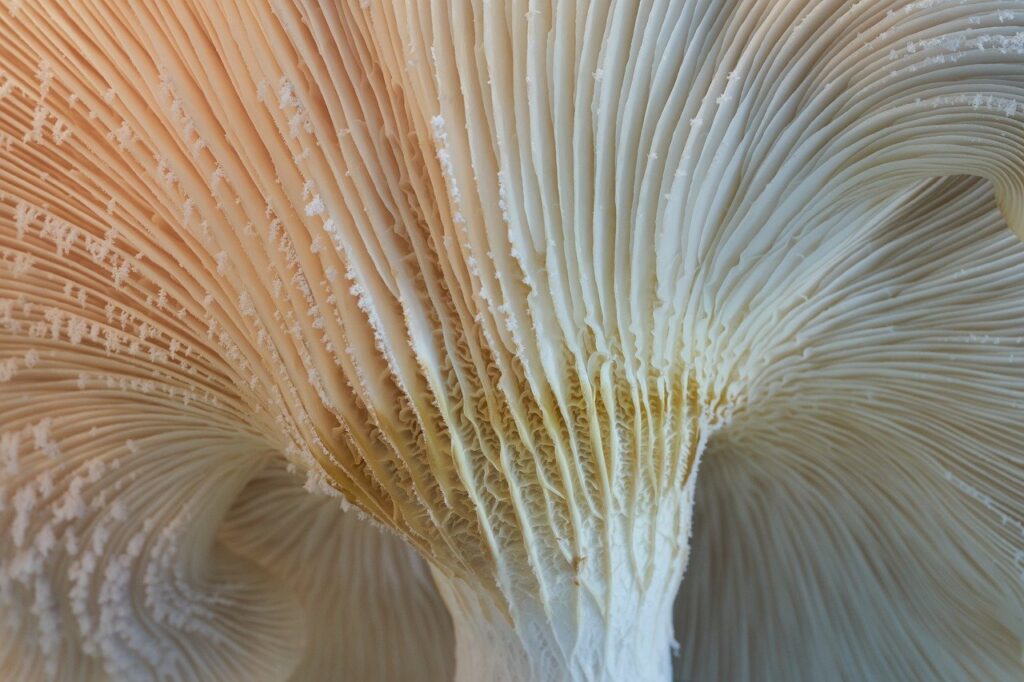
Cultural Diversity in Mushroom Hunting
One of the most fascinating aspects of mushroom hunting is the diversity of cultural practices and beliefs surrounding this ancient activity. Different cultures have their unique traditions, rituals, and taboos when it comes to mushroom hunting.
Shamanic Practices and Mushroom Foraging
In some indigenous cultures, mushroom hunting is deeply intertwined with shamanic practices and spiritual beliefs. Certain mushrooms, such as the Amanita muscaria (fly agaric), are considered sacred and are used in religious ceremonies to induce altered states of consciousness.
Superstitions and Taboos
In many cultures, there are superstitions and taboos associated with mushroom hunting. For example, in Slavic folklore, it is believed that picking mushrooms on certain days of the week or at a certain time of the day can bring bad luck. These cultural beliefs add an element of mystery and intrigue to the already enchanting world of mushroom hunting.
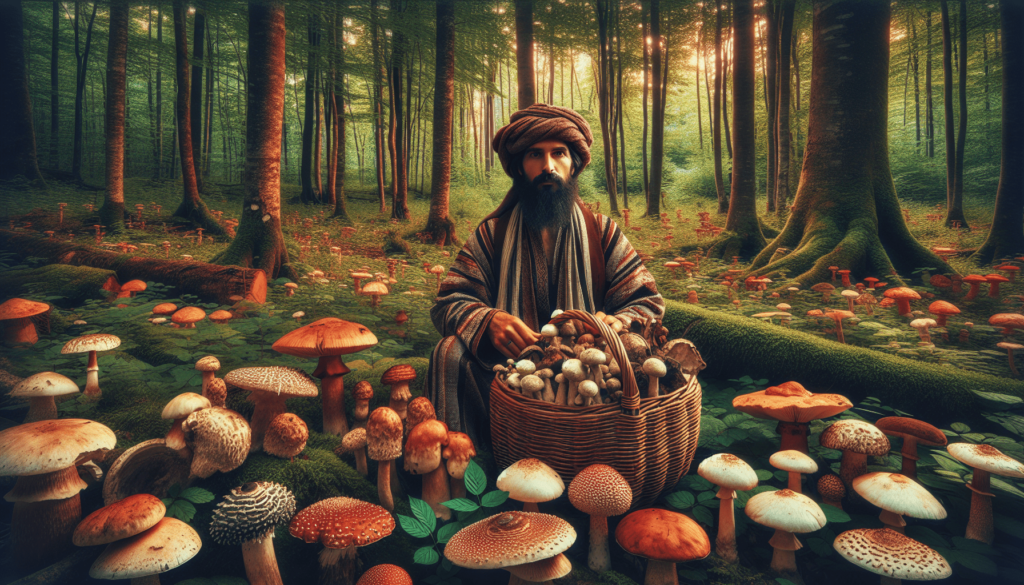
Sustainable Foraging Practices
As the popularity of mushroom hunting continues to grow, it is essential to emphasize the importance of sustainable foraging practices. Over-harvesting and habitat destruction can have detrimental effects on the delicate ecosystem that mushrooms depend on.
Leave No Trace
When venturing into the wilderness in search of mushrooms, remember to follow the principles of Leave No Trace. This means leaving the environment as you found it and minimizing your impact on the ecosystem. Avoid trampling on vegetation, always use designated trails, and refrain from picking more mushrooms than you can consume.
Responsible Harvesting
To ensure the sustainability of mushroom populations, it is crucial to harvest responsibly. Only pick mushrooms that you can positively identify as edible, leaving behind any specimens that you are unsure about. By practicing responsible harvesting, you can help preserve the biodiversity of our forests for future generations.

Conclusion
In conclusion, mushroom hunting is not just a recreational activity; it is a deeply ingrained cultural practice with a rich and storied history. From ancient civilizations to modern-day foragers, mushrooms have captivated the hearts and minds of people around the world.
So, the next time you venture into the woods in search of mushrooms, take a moment to appreciate the cultural and historical significance of this time-honored tradition. Happy foraging!

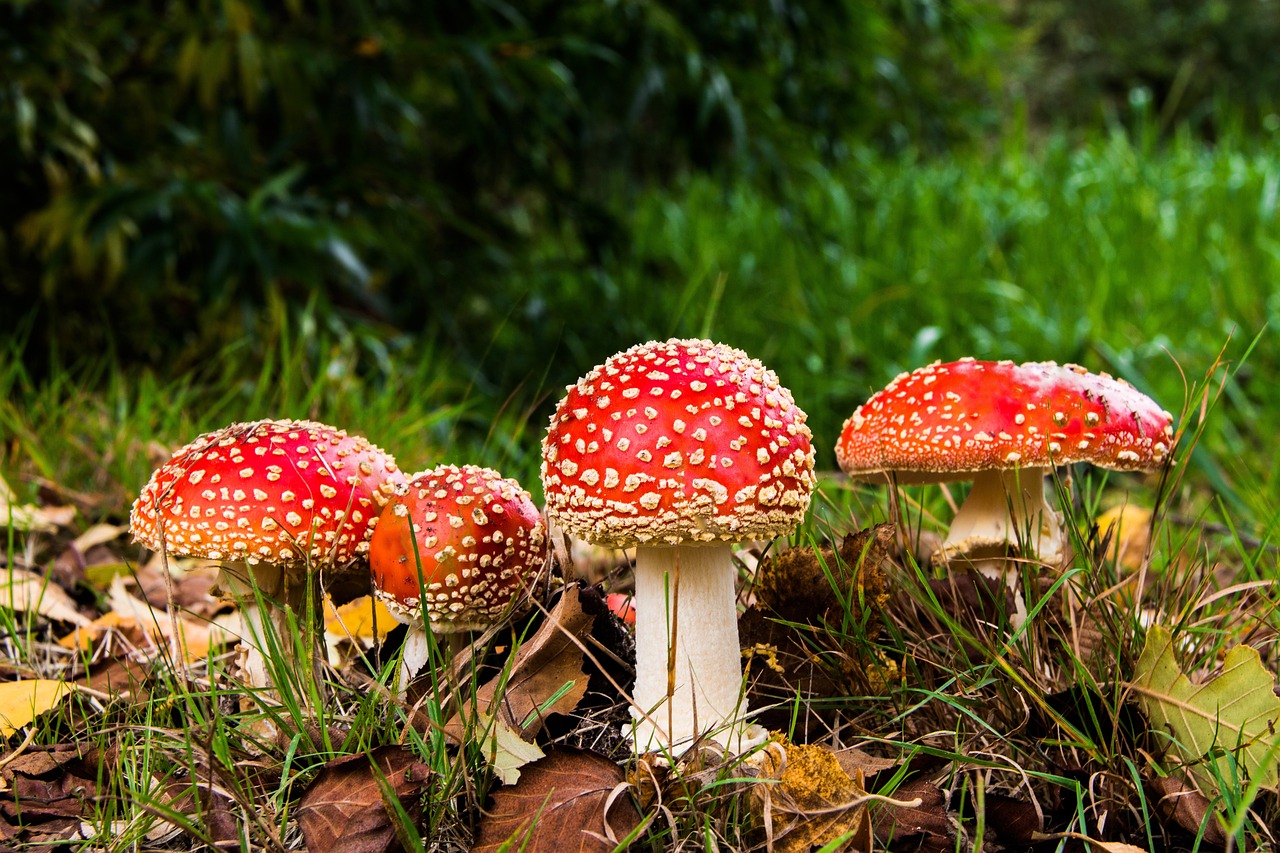
No Responses